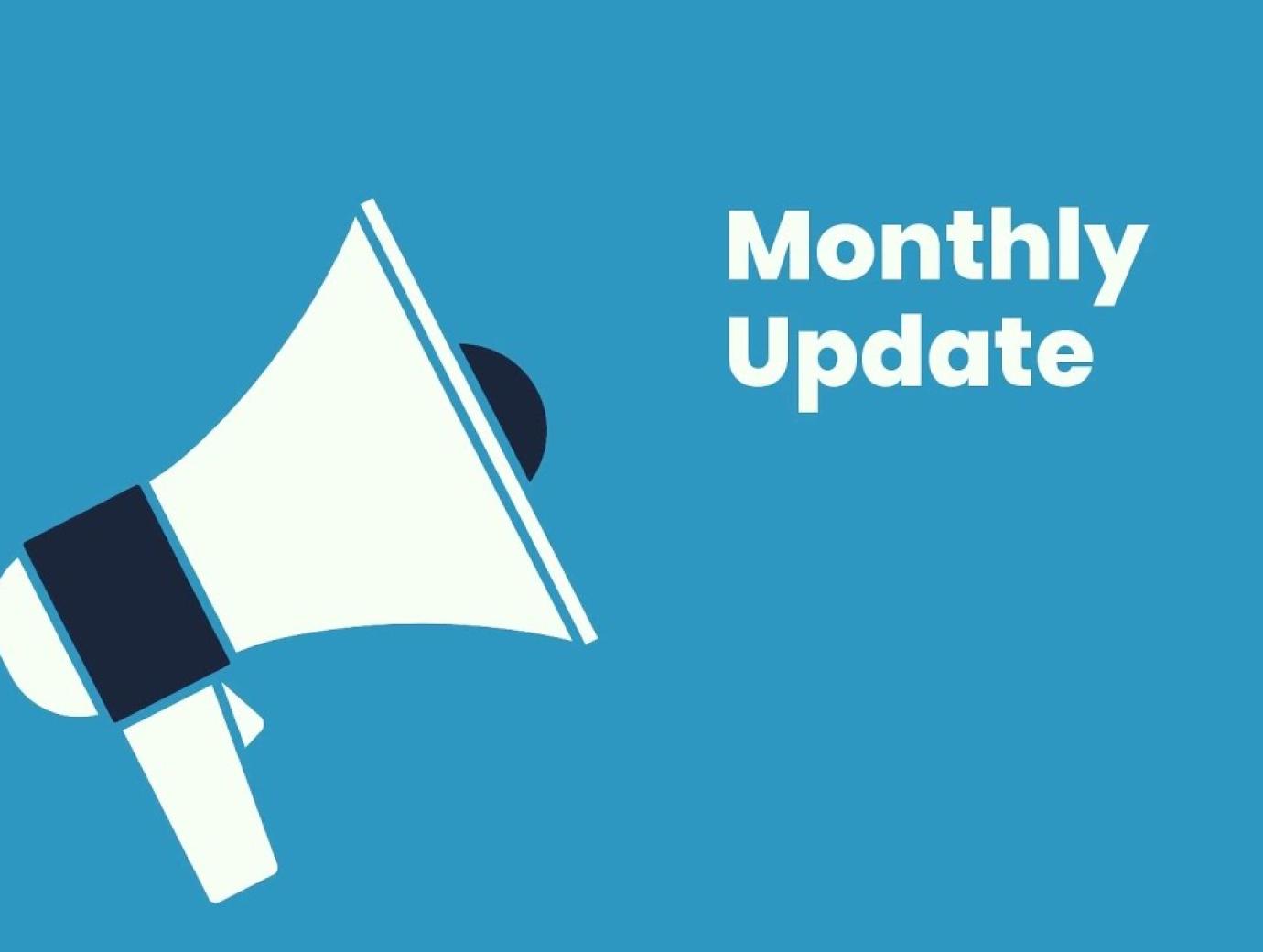The monthly update opens with the latest WHO position paper on Mpox and a series of webinars on RSV as well as the opening of application for ADVAC. NITAG members are strongly encouraged to apply.
Mpox:
- WHO position paper on Smallpox and mpox was published on 23rd August 2024 and is available here. The smallpox/ mpox Working Group will reconvene in light of the public health emergency of international concern (PHEIC).
- ATAGI (Australia) issued an interim statement on the use of vaccines for prevention of mpox in 2024, available here.
- The NITAG Support Hub for Africa (NISH) developed a library guide for Mpox, listing all the references and tools necessary to make a recommendation.
HPV:
- NACI (Canadian NITAG) published their Updated Recommendations on Human Papillomavirus (HPV) Vaccines, available here
While all Canadian provinces and territories have long-standing publicly funded, school-based immunization programs for HPV, HPV vaccine coverage rates continue to fall short of the national goal of 90% coverage for two or more doses by 17 years of age. Given ongoing efforts to improve HPV vaccination coverage and reduce the impact of HPV-associated disease in Canada, and considering recent updated guidance from the World Health Organization (WHO), Canadian provinces and territories requested that NACI review national guidance on HPV vaccine schedules. Following a thorough review of the evidence, NACI makes the following recommendations for public health program decision-making (i.e., provinces/territories making decisions for publicly funded immunization programs):
- NACI continues to strongly recommend HPV vaccination for all individuals 9 to 26 years of age.
- The HPV vaccine can be offered during pregnancy. Routine questioning about last menstrual period and/or pregnancy is not required or recommended before offering this HPV vaccine.
- NACI strongly recommends that individuals 9 to 20 years of age should receive 1 dose of HPV vaccine, and individuals 21 to 26 years of age should receive 2 doses of HPV vaccine.
- A 2-dose schedule may still be considered on an individual basis for individuals 9 to 20 years of age in consultation with their health care provider.
- NACI continues to recommend a 3-dose schedule for individuals who are considered immunocompromised, as well as individuals living with HIV.
- Nonavalent 9vHPV vaccine should be used as it provides protection against the greatest number of HPV types and associated diseases.
NACI makes the following recommendation for individual-level decision-making (i.e., healthcare providers advising individual clients):
- NACI recommends individuals 27 years of age and older may receive the HPV vaccine with shared decision making and discussion with a healthcare provider. The vaccine should be given as a 2-dose schedule with doses administered at least 24 weeks apart.
- Individuals who are 27 years of age and older who were not vaccinated may benefit from vaccination, even at an older age.
- A 2-dose HPV vaccination schedule is recommended for immunocompetent individuals 27 years of age and older, though a 1-dose schedule is still expected to provide considerable benefit.
Hepatitis B:
- Ethiopian NITAG recommended introduction of Hep B birth dose
Pertussis:
- The French NITAG issued its Vaccination strategy against whooping cough in the epidemic context of 2024: Vaccination booster for professionals in contact with individuals at risk of severe forms, available in French here.
Influenza:
- NACI published the National Advisory Committee on Immunization (NACI) statement on seasonal influenza vaccine for 2024-2025, the Addendum to the NACI statement on seasonal influenza vaccine for 2024-2025: Transition from quadrivalent to trivalent influenza vaccines and the Supplemental guidance on influenza vaccination in adults 65 years of age and older.
- CoNaIn (Argentinian NITAG) recommended to unify the indications for both vaccines, influenza and COVID-19, in pediatric age up to 4 years of age inclusive and in older adults from 65 years of age. In addition to Health workers, pregnant women and people from 5 to 64 years old with risk factors. The technical recommendation was made considering the morbidity and mortality due to both diseases and should be accompanied by concrete actions for its implementation and the achievement of vaccination coverage goals. The NITAG also recommended to promote adequate communication of this strategy and work on the perception of risk that the community has on the morbidity and mortality of both diseases. Read more here.
- ATAGI issued a statement on the transition from quadrivalent to trivalent seasonal influenza vaccines in Australia, available here.
WHO:
- The WHO and UNICEF estimates of national immunization coverage (WUENIC) 2023, were officially released on 15 July and available here.
- WHO is launching a series of webinars on RSV: WHO RSV Roadshow - ReSViNET
Training opportunities:
- The 25th edition of ADVAC will take place from 5 to 16 May 2025 in Annecy, France. Register here before November 15th.
- 19th Annual African Vaccinology Course, scheduled to take place from 4-8 November 2024 in Cape Town, South Africa. Keep an eye on the website to apply.
Dates for your diary:
- The next SAGE meeting is scheduled in September 23-26 2024. Note that any NITAG member can listen in. Please send an email to myself and Dilber (gunlud@who.int) to be added on the SAGE mailing list.
- The next face-to-face GNN meeting will be in 28-30 April 2025.


